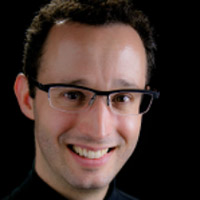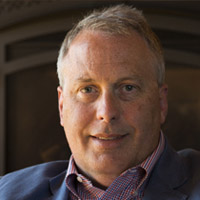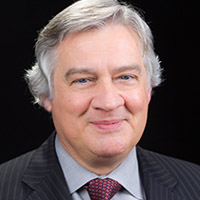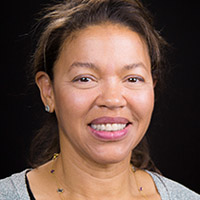How Much Did California Taxes Affect NBA Free Agency?
The NBA finals are now in the rear view mirror, as is the league’s draft. In fact, the free agency period has largely ended as well, as far as the big-time impact players are concerned. It was an unusual year for free agency, as some of the most recognizable and marketable teams were mostly shut out in the free agent frenzy, including the New York Knicks and Los Angeles Lakers.
The Warriors and Clippers were able to keep their big name players that could have flown the coup for so-called greener pastures, but one of the most successful franchises in the history of the game could not get anyone to bite. Could it be that the Lakers have completely lost their mojo? That’s a debate for the sports experts, but what is up for open debate is whether or not California’s taxes played a role in where players chose, or didn’t choose to sign.
There are several possible reasons that this year’s crop of free agents could have chosen other teams besides the Lakers. However, there is also a definite possibility that the state’s huge income tax rate had something to do with it. California has the nation’s highest state income tax at 13.3 percent. Could that have been a deciding factor for some of these athletes? We can’t know for sure, but when you look at the case of free agent forward LaMarcus Aldridge, you can’t help but wonder.
Aldridge left the Portland Trailblazers for the San Antonio Spurs. Aldridge twice met with the Lakers before ultimately selecting San Antonio. The difference in his tax bill is huge when you consider that Texas has no state income tax. At four years and $80 Aldridge would’ve paid roughly $10 million in state income taxes had he signed with the Lakers. That’s a huge difference. While Aldridge may have chosen the Spurs for many other reasons, it’s very likely that the tax equation had something to do with his decision.
ModuleQ | David Brunner
About David Brunner In 2011 David Brunner founded ModuleQ, a SAS based company to prevent knowledge workers from being overloaded with information. Before founding ModuleQ, David received a PhD from Harvard University in Information, Technology & Management, a joint program integrating business and computer science. Upon Graduating from Harvard, he worked with the CIO…
Why Structure Is the Enemy of Innovation | Richard Dasher
About Richard Dasher Richard Dasher has been Director of the US-Asia Technology Management Center since 1994 and served concurrently as Executive Director of the Center for Integrated Systems since 1998. He holds Consulting Professor appointments in Electrical Engineering (technology management), Asian Languages (Japanese business), and at the GSB (with the Stanford Program on Regions…
Inspiring a Sustainable Future Through Storytelling | Rita Whitney
About Rita Whitney Rita joined the Board in June 2010 and serves on the Mission Fulfillment Committee. She is CEO of Ravivant LLC, a Board member of United States Fencing Association (Central California Division) and Executive Director of the Stanford Fencing Association. Having grown up in New York City, Rita observed many situations where…




